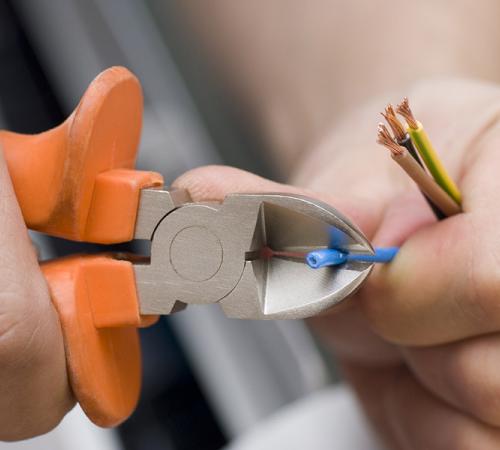

8 out of 10 entrepreneurs who start businesses fail within the first 18 months, according to Bloomberg (external link).
It’s a staggering statistic. Fully 80% of businesses will fail in less than two years. But why? And more importantly – how can you prevent it from happening to you?
I’ve rounded up nine of the top reasons small businesses fail so that you can be on the lookout for these weaknesses in your business, and paired each one with a simple fix that can help prevent you and your business from becoming a statistic.
1. Lack of cash
Cash is king, and for good reason — namely, you can’t pay your bills with your orders book. It is vital that any small business has a plan for how they will get paid, and in a timely manner. Even the most successful businesses can find themselves in trouble if their money is all tied up in unpaid invoices.
The fix: devise a strategy that will make it easy to get paid promptly, no matter who you work with. And then be careful not to extend yourself beyond your liquid cash limits.
2. No plan
Every business needs a plan for the business. Your business should have a plan for what you will achieve and how you will achieve it in the next 12 months, written out and clearly communicated to all the important players in the business.
The fix: take the time to get all of your plans out of your head and onto paper. Set some concrete goals for the next 12 months and metrics by which you will measure your success.
3. Lack of clear value proposition
If you aren’t clear on how you’re different or better than the competition, how can you expect your customers to be?
The fix: be proactive about uncovering the true value you bring to the table that differentiates you from others in your market.
4. Heavy reliance on one or two big customers
Too often small businesses become complacent when they land one or two big accounts. Sometimes it’s because they don’t believe they have the bandwidth for more customers who are smaller. At other times it’s because it’s easy to stop marketing when you’re happy serving the customers you’ve got. But what happens if one of those big customers goes away?
The fix: always be marketing yourself, and try to cultivate a diverse customer base so that you won’t be left high and dry should your biggest account disappear.
5. No marketing platform
In the previous statement, I suggested that you should always be marketing yourself, but many businesses don’t have a clear marketing platform. They somehow believe that just by opening their doors or hanging out their shingle, business will appear — and that’s rarely how it works.
The fix: do some research into which one or two marketing platforms will be the most beneficial for your particular business, and commit to them. Don’t overextend yourself trying to do everything at once.
6. No performance data or analytics
I can already hear you thinking, “My company isn’t big enough to need performance data,” and that’s where you’re wrong. Every business, at every level can collect and analyse performance data these days – whether it’s the conversion rate of your website or counting the number of people who only enter your shop compared to those who buy.
The fix: look back at that business plan you’re writing. What key performance indicators will you use to measure your progress towards your goals? Define them and then measure them regularly.
7. Not acting on market information
Too often, small business owners decide that they know best regarding what their customers want — and refuse to listen to what their customers are actually saying. If you’re not collecting and then acting on market research, you’re setting your business up for failure.
The fix: regularly conduct market research to determine what your customers want and then make a plan to act on that information.
8. Poor management
Leadership starts at the top, but many times I see small business owners who can’t let go of the day-to-day minutiae of running their businesses. But the leader who is focused on ordering printer toner and cleaning out the office refrigerator isn’t focused on the more important tasks.
The fix: build a team you can trust and delegate anything someone else can do so that you can focus on doing what’s key for your job.
9. No data security or backup
If you’ve ever had a computer fail or lost your smartphone, you understand how catastrophic it can be and how disruptive to your life. Now, imagine losing all your data for your business. Now try to imagine the chaos if your customer data were to be hacked or stolen. It could easily end your business.
The fix: don’t assume that it couldn’t happen to you. Instead have a data security plan in place and a way to regularly and securely back up all your company’s data.
For fledgling business determined to avoid these common pitfalls, you should be considering taking out comprehensive business insurance. If you haven’t secured the right cover, then you are much more vulnerable; a claim from a client or third party has the potential to financially pull the rug out from under you. Protecting the longevity of your venture means having the right cover, so explore your options in our Business Insurance FAQ Hub or get a highly tailored small business insurance quote today.
What other common weaknesses do you see in small businesses that fail to thrive? I’d be interested in your insights in the comments below.
Disclaimer:
At Hiscox, we want to help your small business thrive. Our blog has many articles you may find relevant and useful as your business grows. But these articles aren’t professional advice. So, to find out more on a subject we cover here, please seek professional assistance.





